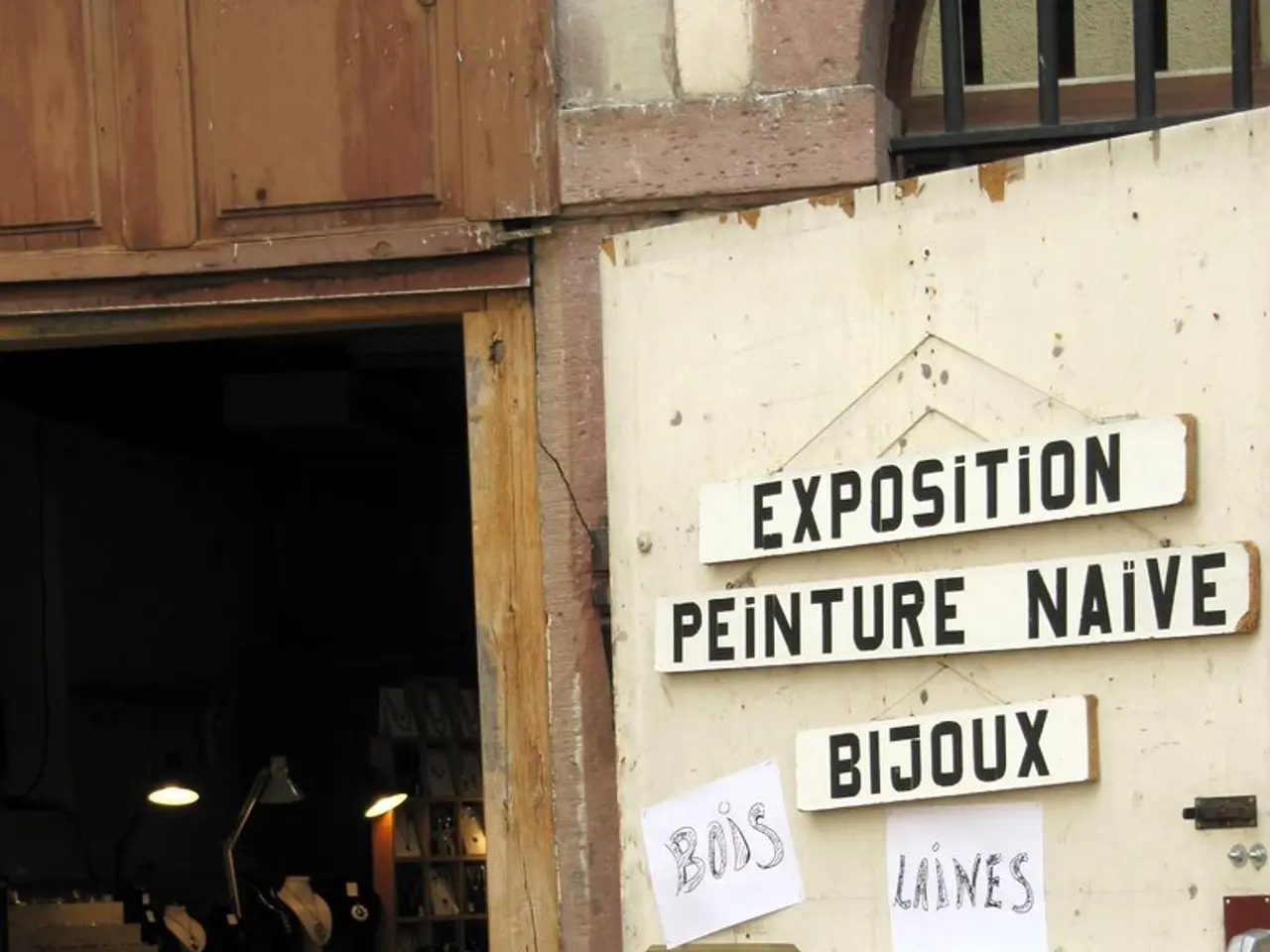Formally GAA manager Séamus 'Banty' McEnaney amassed more than €200 million through his housing ventures for refugees and homeless individuals.
Ireland is facing a significant challenge as the number of international protection applicants continues to rise, straining the resources of the Government and relevant organizations. The influx of asylum seekers seeking protection in Ireland has more than doubled since early 2019, with approximately 6,600 applicants present at that time. Today, around 33,000 applicants are residing in State-provided accommodation.
An average of 1,000 people are arriving in Ireland each month seeking protection, highlighting the urgency of the situation. The direct provision system, initially introduced in 1999 as an emergency measure, remains in operation but is set to be phased out by 2024–2025. However, the system has faced significant criticism over its living conditions and long waiting times, with many residents spending several years in direct provision centres.
As the direct provision system struggles to accommodate the growing number of applicants, the International Protection Accommodation Services (IPAS) has taken on a larger role. However, recent developments point to a worsening crisis in securing stable housing as asylum seekers leave these centres. Over 600 families with status to remain in Ireland have been or are being moved from IPAS centres, but a growing housing crisis has emerged for those leaving direct provision. Many face "institutional discharge" into homelessness or precarious housing, as the current supports for transitioning from direct provision or IPAS accommodation to social or private housing have been insufficient or poorly coordinated.
Homelessness agencies and NGOs, such as Crosscare and Depaul, have urgently called for coordinated plans to support those exiting direct provision accommodation. Despite government efforts, many people with permission to stay struggle to find affordable housing due to market pressures and discrimination, often only receiving links to private rental listings without more substantive assistance.
The government has allocated over €2 billion in 2025 towards supporting asylum seekers and related services, indicating recognition of the scale of the challenge but also highlighting the financial burden. In 2013, the Government began temporarily housing newly arrived asylum seekers in hotels and B&Bs due to the fullness of the direct provision system, a practice that continues today.
In summary, while the direct provision system is slated for phase-out, in practice many asylum seekers and refugees continue to experience lengthy stays in temporary accommodations. The increase in asylum seekers in emergency IPAS accommodation reflects ongoing system strain and housing shortages, with calls for urgent, coordinated government and NGO action to address the transition and homelessness risks.
An entrepreneur in Ireland's finance sector could see an opportunity in helping asylum seekers transition out of direct provision and into stable housing, as many face difficulties finding affordable accommodations in the market. This niche business, focusing on real-estate investments and home buying or renting assistance, would not only fill a significant need but also contribute to the overall success of Ireland's business landscape, demonstrating an entrepreneurial solution to a pressing social issue.
Moreover, as the government plans to invest over €2 billion in supporting asylum seekers, it may be prudent for them to consider funding start-ups that specialize in providing housing solutions for those exiting direct provision, creating a synergy between business interests, entrepreneurship, and social welfare that positively impacts the financial, social, and political landscapes of Ireland.




